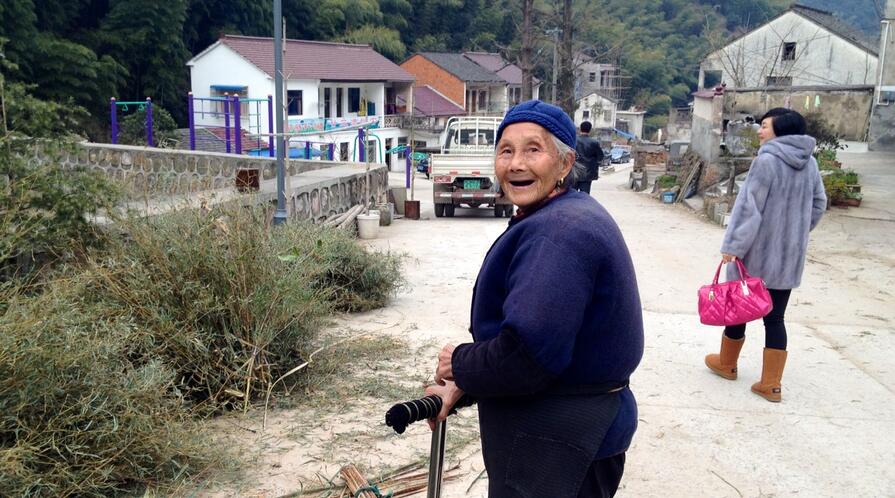Call for papers: Conference on human capital & ageing
Call for papers: Conference on human capital & ageing

Human Capital & Ageing
as part of the "Next World Program"
Harvard School of Public Health
Boston, Massachusetts
April 13-14, 2015
Organized by:
David E. Bloom, Harvard School of Public Health, USA; David Canning, Harvard School of Public Health, USA; Karen Eggleston, Stanford University, USA; Wang Feng, Fudan University, China; Hans Groth, World Demographic & Ageing Forum, Switzerland; Alfonso Sousa-Poza, University of Hohenheim, Germany; Thomas Zeltner, Special Envoy, World Health Organization, Switzerland.
Topic
One of the challenges faced by ageing societies is maintaining a workforce large enough to supply the goods and services needed by a country's entire population. In the coming decades, industrialized countries will experience a steep increase in the share of elderly persons in the population and a fall in the share of the working-age population. In some countries, the number of people aged 60-64 (many of whom are about to retire) already exceeds the number of people aged 15-19 (the cohort soon entering the labour market). There will, however, be mitigating factors that will tend to decrease the effects of declines in the working-age share of the population: (a) the burden of caring for a high number of elderly people will be offset by there being fewer children to support, and (b) the proportion of adult women who work will rise when there are fewer children to take care of. Still, if there is no change in work and retirement patterns, the ratio of older inactive persons per worker will almost double from around 38 percent in the OECD area in 2000 to just over 70 percent in 2050 (OECD, "Live Longer, Work Longer", 2006). In Europe, this ratio could rise to almost one older inactive person for every worker over the same period.
Ageing on the anticipated scale will place substantial pressure on public finances and economic growth. According to the OECD, on the basis of unchanged participation patterns and productivity growth, the growth of GDP per capita in the OECD area would decline to around 1.7 percent per year over the next three decades, as compared with about 2.4 percent per year between 1970 and 2000. These negative consequences of ageing could be possibly offset by postponement of retirement, greater immigration, faster productivity growth, or higher fertility (although the positive economic effects of higher fertility would only come several decades after an uptick in fertility rates). While these developments would all help offset the negative effects, they need to go hand-in-hand with attempts to mobilize available labour in order to sustain economic growth. One of the most significant sources of additional labour supply is older people who are currently inactive. Indeed, as labour markets tighten, companies will soon have little choice but to be more welcoming of older employees. Prompt action to harness – and enhance – the contributions of older workers could become a key competitive advantage.
The objective of this workshop would be to discuss one important topic related to an ageing workforce, namely human capital. How does a worker’s human capital change over the life course and what role does the health and skill status of workers play? The answer to these questions is of great importance, not only for adequate human resource policies, but also for macroeconomic policies, especially those associated with retirement and economic growth. Despite the importance of this issue, this question is not easily answered.
The workshop will bring together researchers to present recent research on ageing and human capital. Research questions and topics that could be dealt with include:
- Human capital, economic growth, and the demographic dividend.
- Firm-level experience in promoting human capital among older workers.
- Evaluation of policies aimed at enhancing the quantity, quality, and value of older workers’ human capital.
- The relationship between human capital and productivity.
- Training and wages of older workers.
- Technological change, knowledge replenishment, and productivity.
Submission for the Workshop
Interested authors are invited to submit a 1-page abstract by the 30th of September 2014 to David E. Bloom (dbloom@hsph.harvard.edu) and Alfonso Sousa-Poza (Alfonso.sousa-poza@uni-hohenheim.de). The authors of accepted abstracts will be notified by the end of October and completed draft papers will then be expected by the 28th of February 2015.
Economy class travel and accommodation costs for one author of each accepted paper will be covered by the organisers.
A selection of the papers presented at the workshop will (assuming successful completion of the review process) be published in a special issue of the Journal of the Economics of Ageing.
Submission for the Special Issue
Interested authors (also those not attending the workshop) are invited to submit papers for the special issue in the Journal of the Economics of Ageing by the 31st of May 2015. Submissions should be made online at http://ees.elsevier.com/jeoa. Please select article type “SI Human Capital.”
About the Next World Program
The Next World Program is a joint initiative of Harvard University’s Program on the Global Demography of Aging, the WDA Forum, Stanford University’s Asia Health Policy Program, and Fudan University’s Comparative Aging Societies. These institutions will organize an annual workshop and a special issue in the Journal of the Economics of Ageing on an important economic theme related to ageing societies.
